We all have set notions of disability. We imagine walkers and canes and hearing aids. We don’t imagine chronic pain and mental illness and all the other things that fall under the term “disability”. We don’t imagine the pain behind the scenes.
Invisible disabilities, also known as hidden disabilities, are defined as conditions that are not immediately evident. According to the Invisible Disabilities Association, these impairments can range from cognitive disorders to chronic pain — an entire spectrum of conditions that range in presentation and severity. Nearly ten percent of Americans have an invisible disability, according to DisabledWorld.
The International Classification of Functioning, Disability, and Health, also known as ICF, has split disabilities into eight sections. Within these sections are hundreds of disorders, each with its own range of severity. We at the Tower believe that this is important to note; there is no one, accepted way for a disorder to appear. There are common scientific symptoms, but each individual presents slightly differently, even within the same condition. Even with the same disorder, there’s an incredible amount of diversity. Why not embrace it? Why not explore that diversity, and be willing to learn about the people around us?
It’s easy to separate yourself from people you consider “different”. And it’s easy to place everyone who doesn’t conform to society’s ideas of “normal” into one big group. We at the Tower encourage everyone to understand that normality is merely a subjective term, used to ostracize people who are different. Being different is ok. It’s not something to be afraid of or to shun; rather, it’s something to embrace and discover. The world has a range of people, and that’s part of what makes it beautiful.
Things like this may seem far away and unimportant. They aren’t. There are people all around us who struggle with different disorders, mental, physical or emotional. We may not see them, but that certainly doesn’t mean they don’t exist. We at the Tower want this to be a reminder; we don’t know what the people around us are going through. A simple smile in the hallway may be the highlight of someone else’s day, while a harsh word could send them into a spiral. Kindness doesn’t cost us anything to give, but it can be the most valuable gift to receive.
We at the Tower can’t speak about life with a disability. We can’t offer sage advice or wise words of comfort to the thousands of people who struggle. What we can offer is support; silent and unshakeable. We can encourage people to better understand the needs of others through research and respectful dialogue. We can stand as a united front against ignorance and hate, as we are able.
We, as students, often feel we don’t have power or capability to be heard. We do. We have power in our voices, in our actions, and it is our obligation to use them to the best of our abilities. We at the Tower hope to highlight the possibility of a different future; one where everyone is treated with respect and kindness, where we understand the incredible spectrum of neurodivergence within our world, and where we do our best to support each other, even when we’re different.


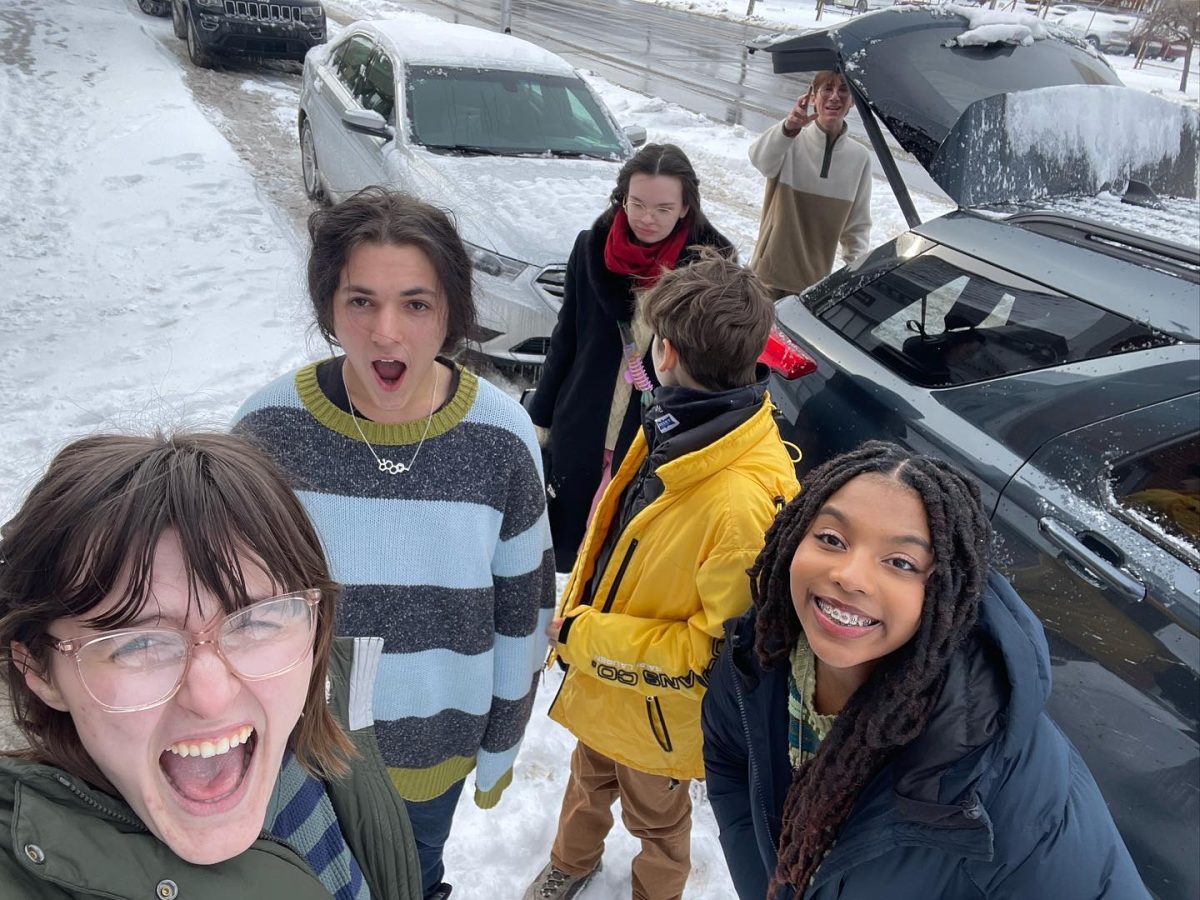

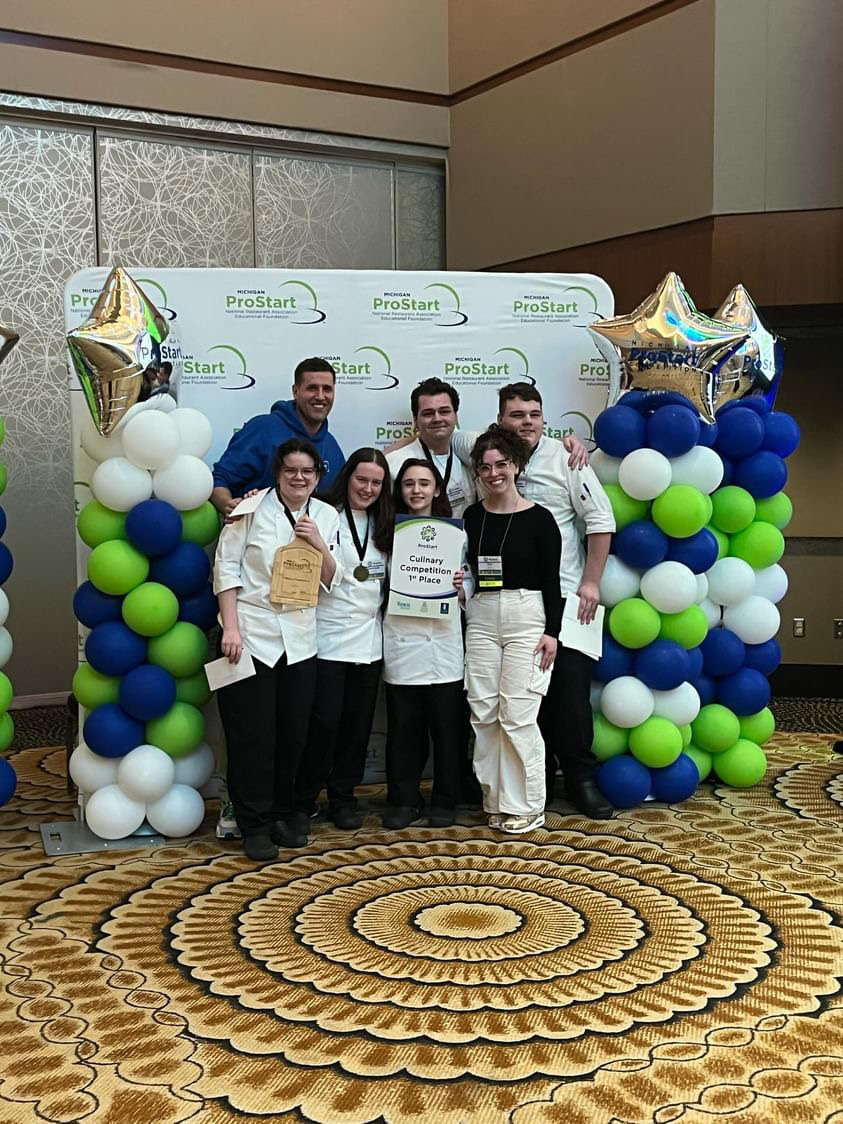






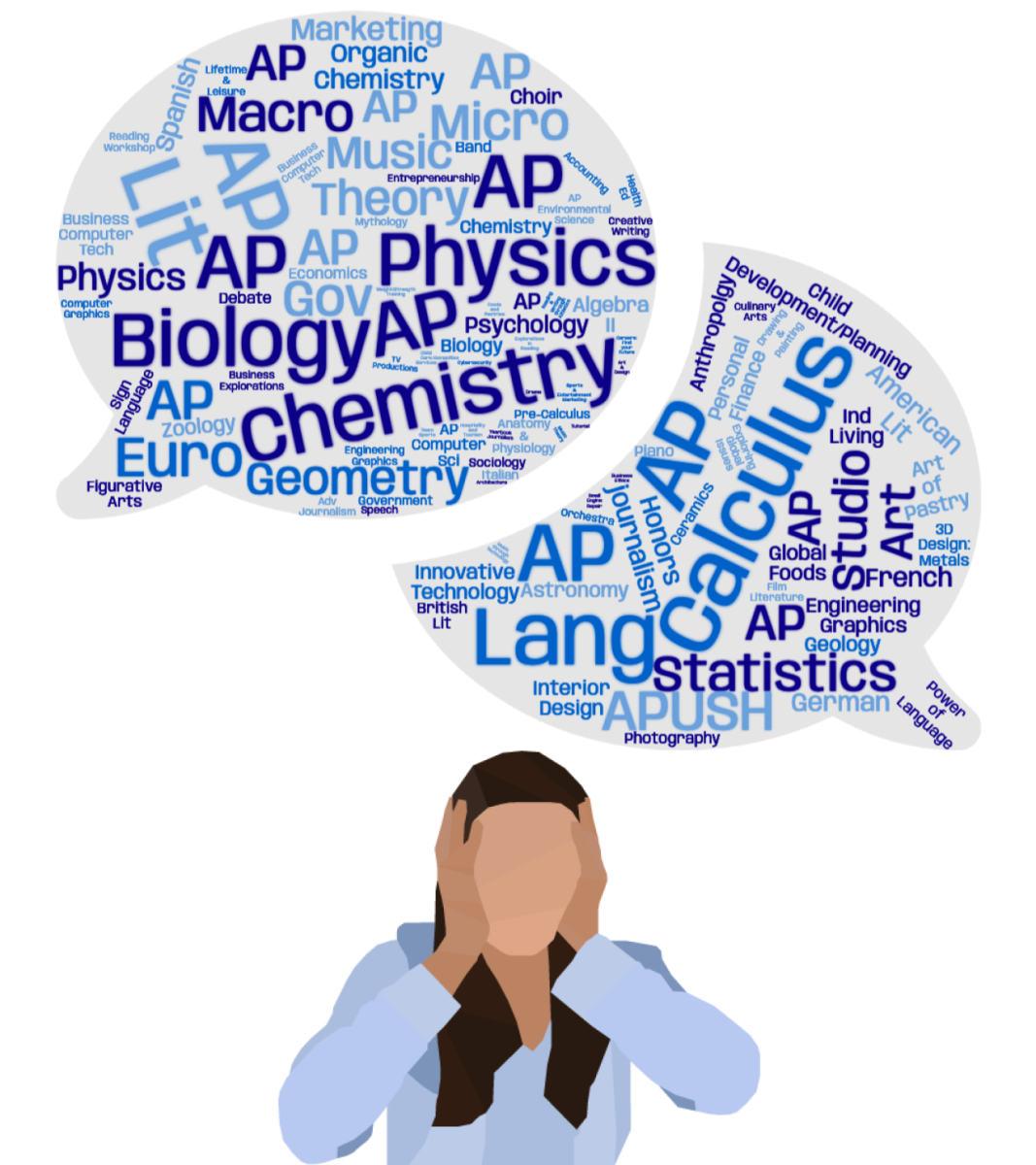
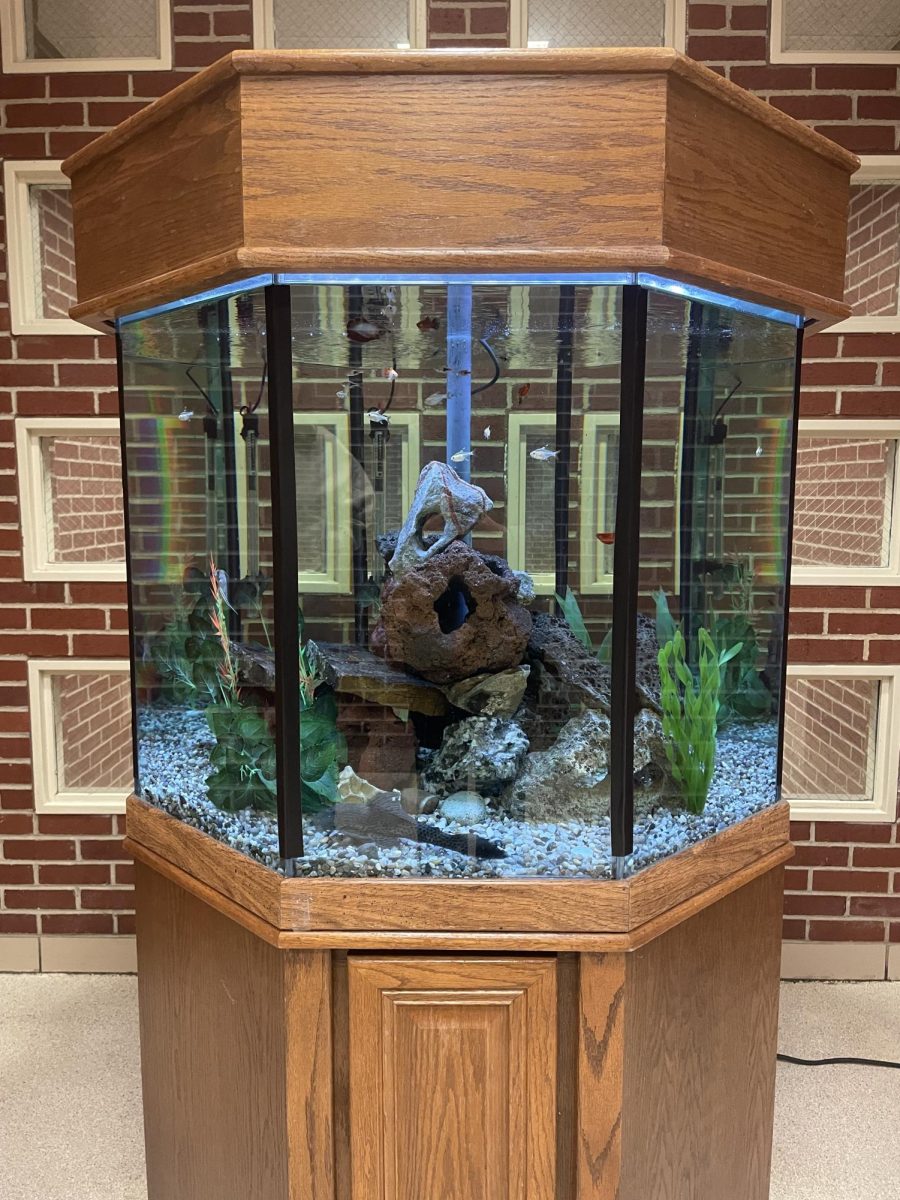
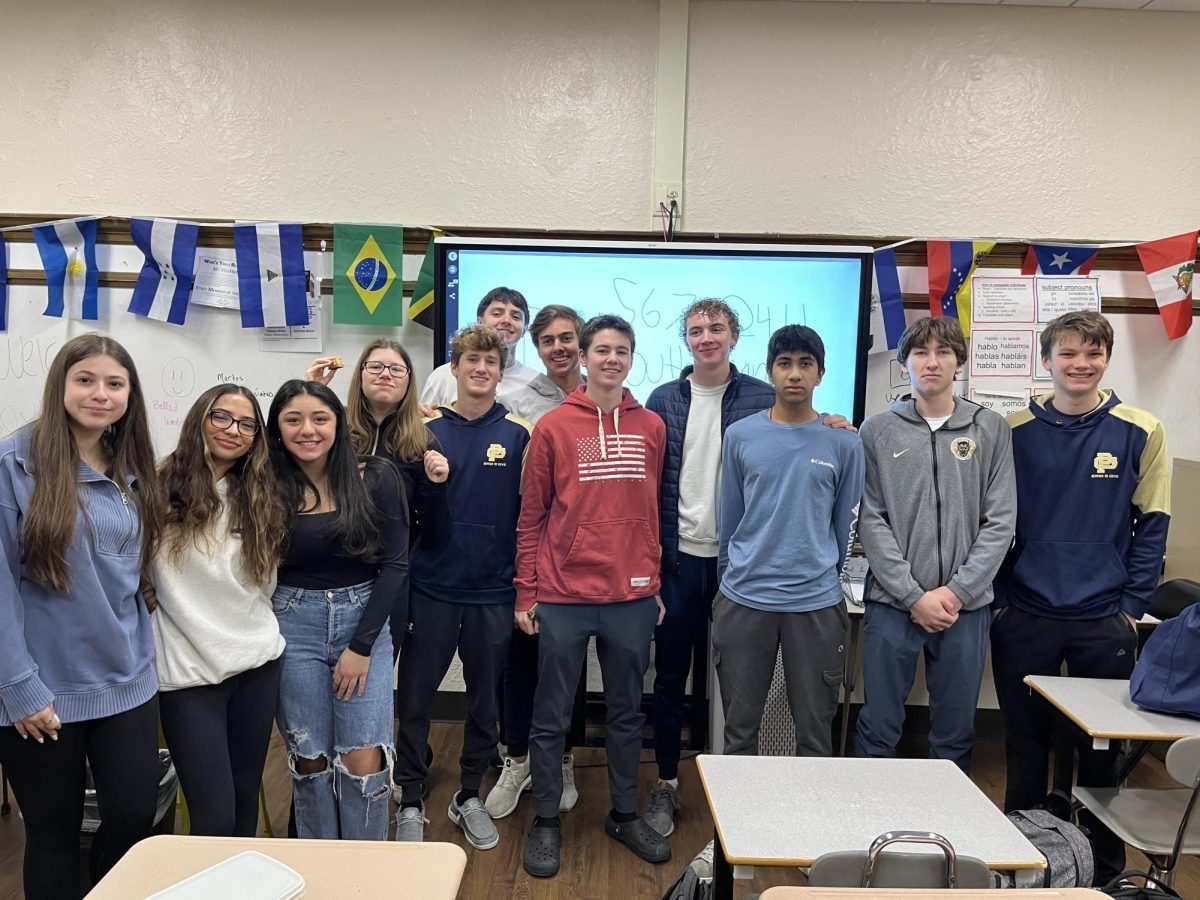
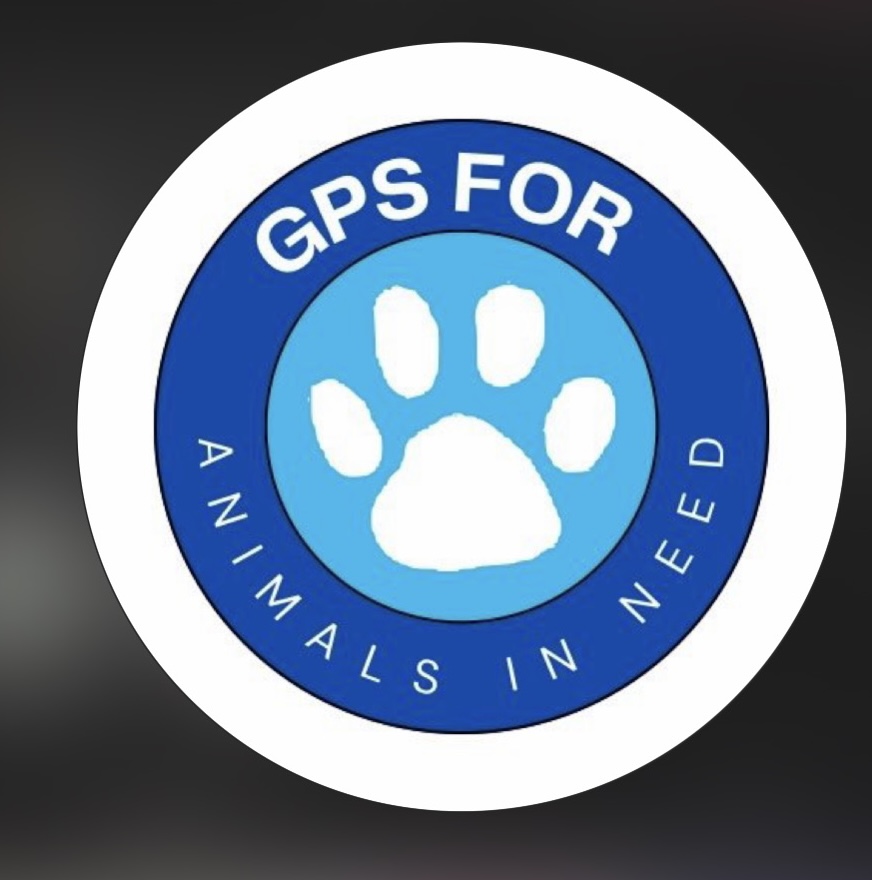




















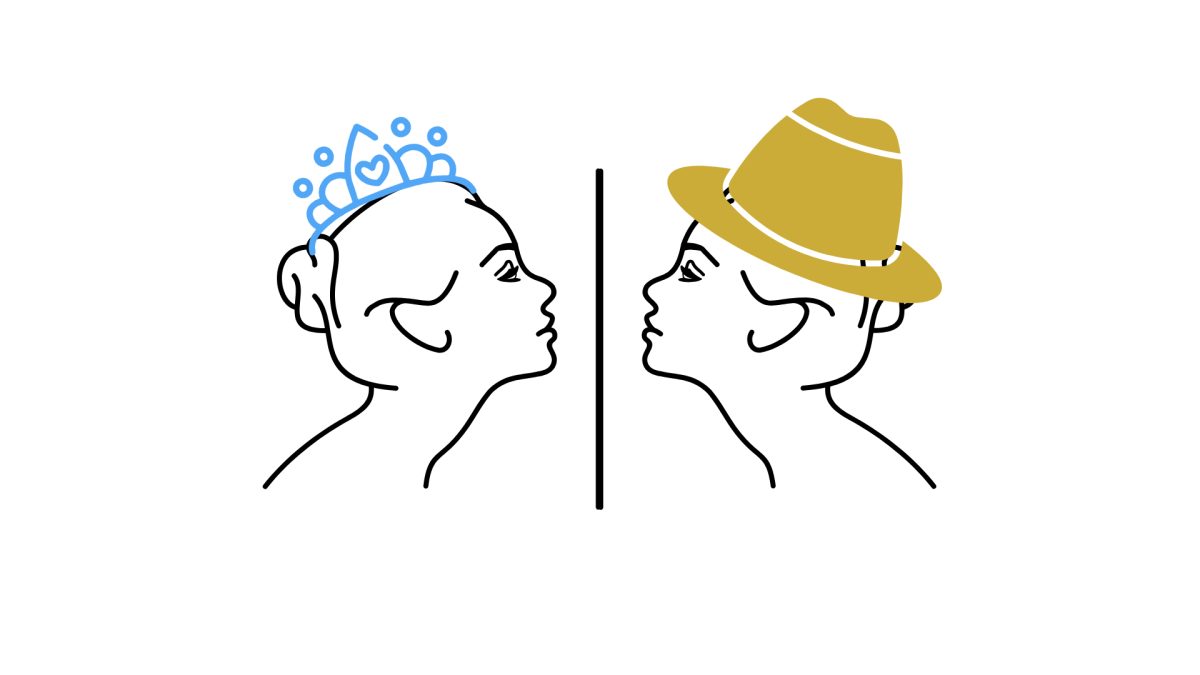








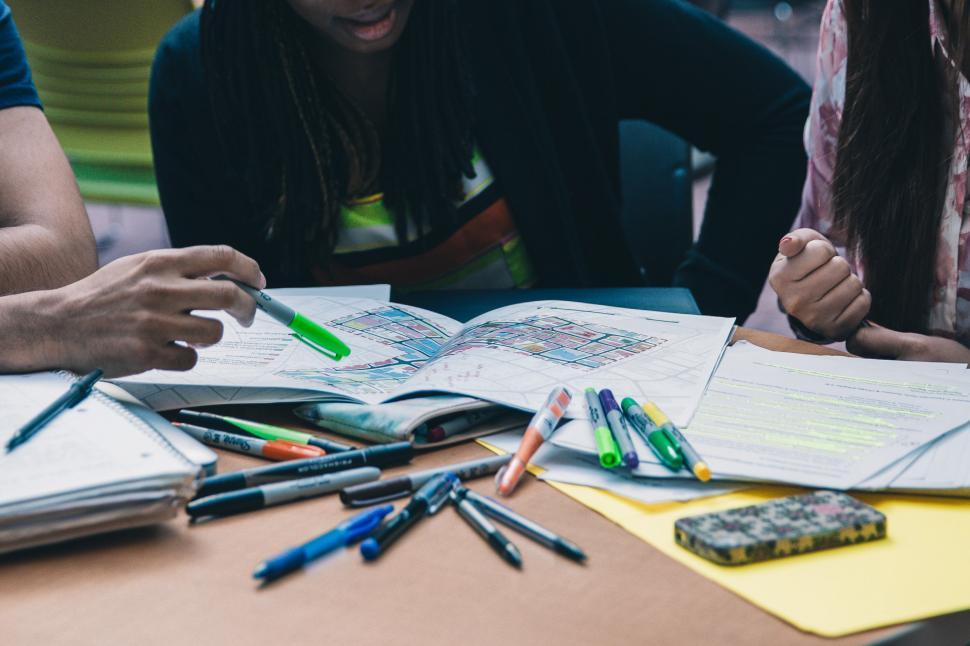
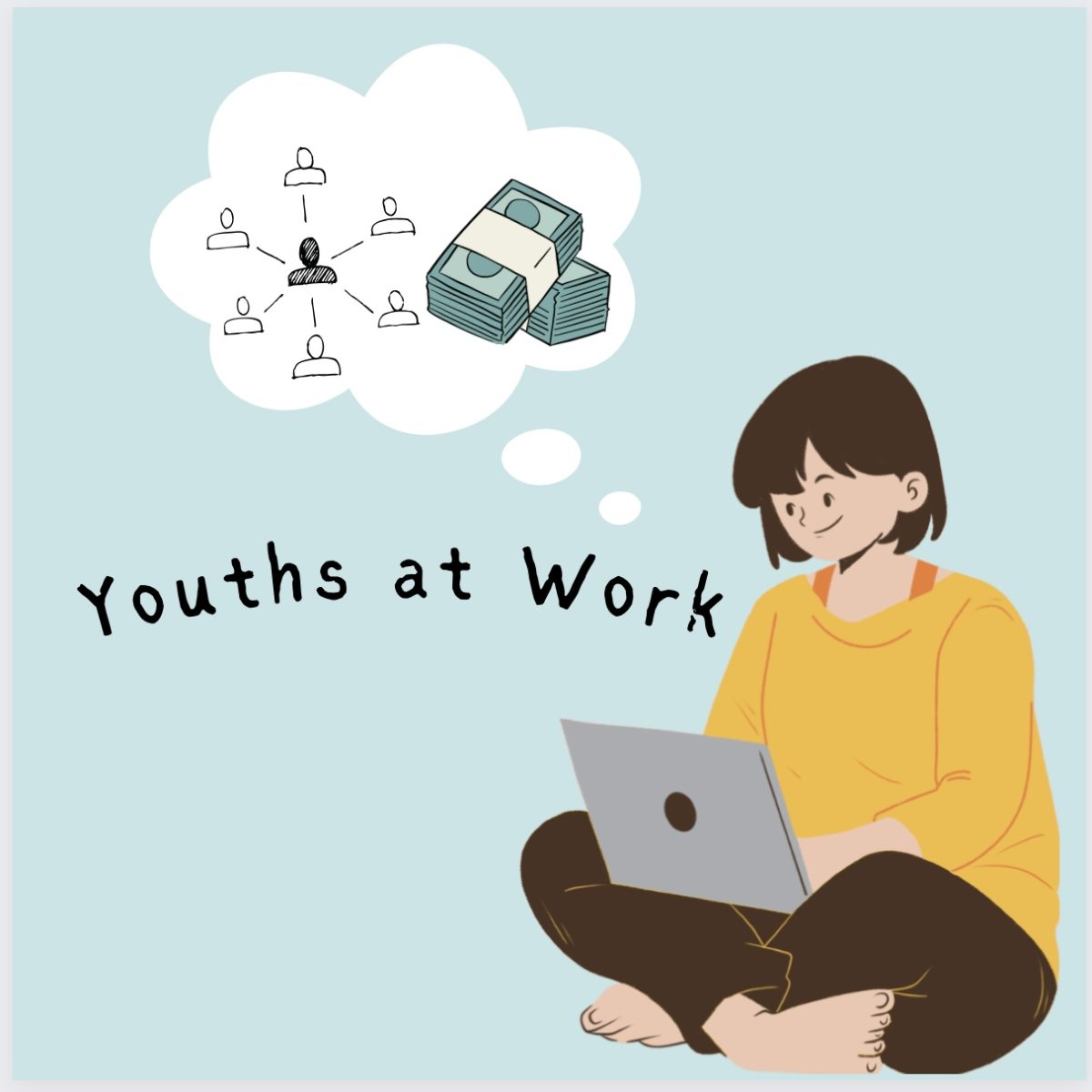


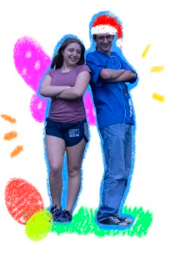










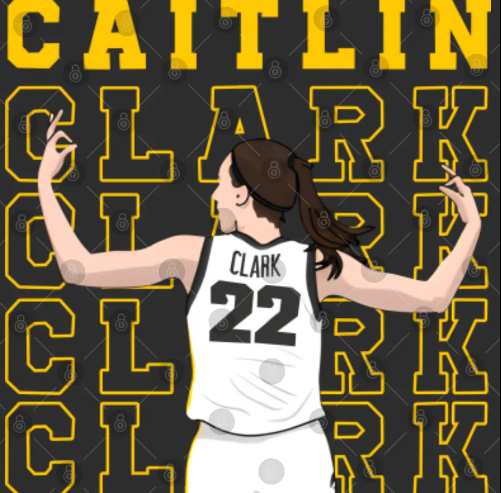




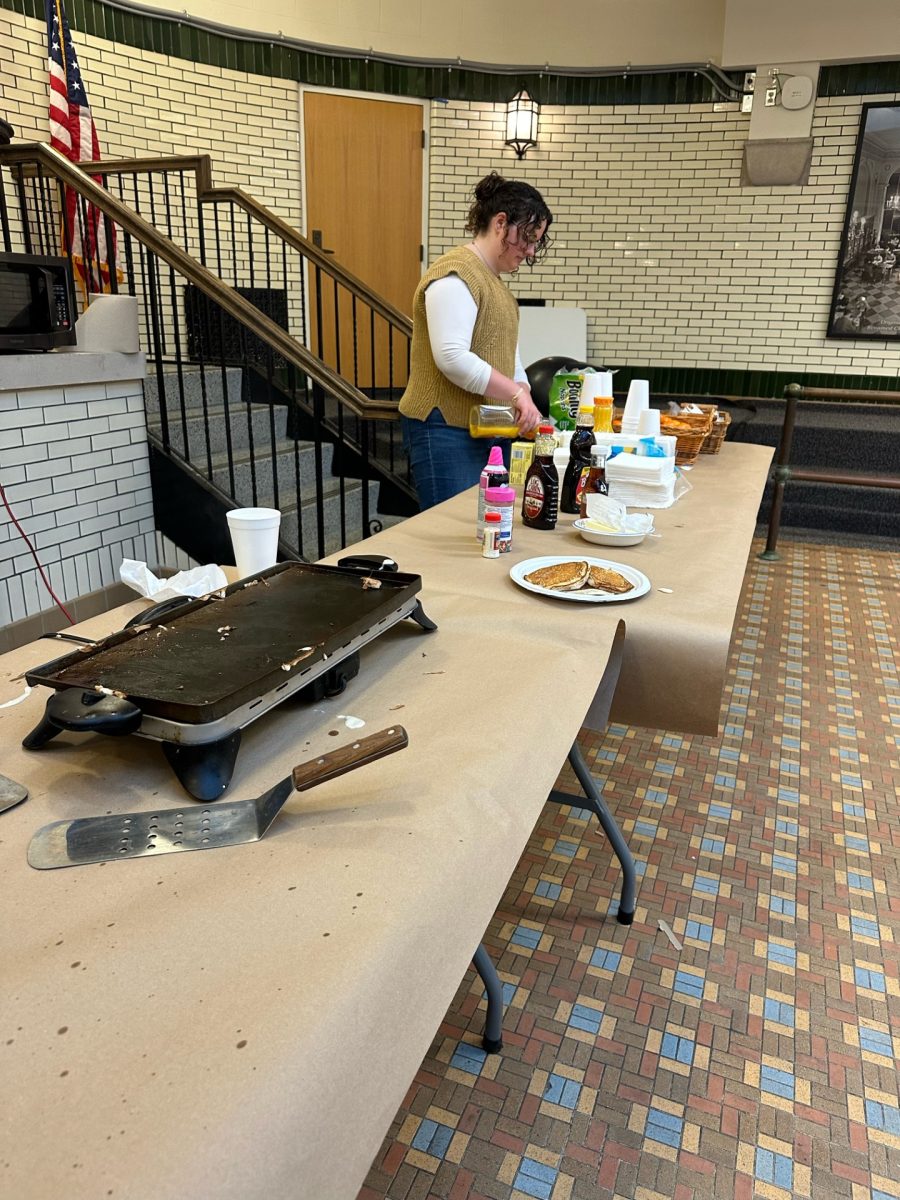
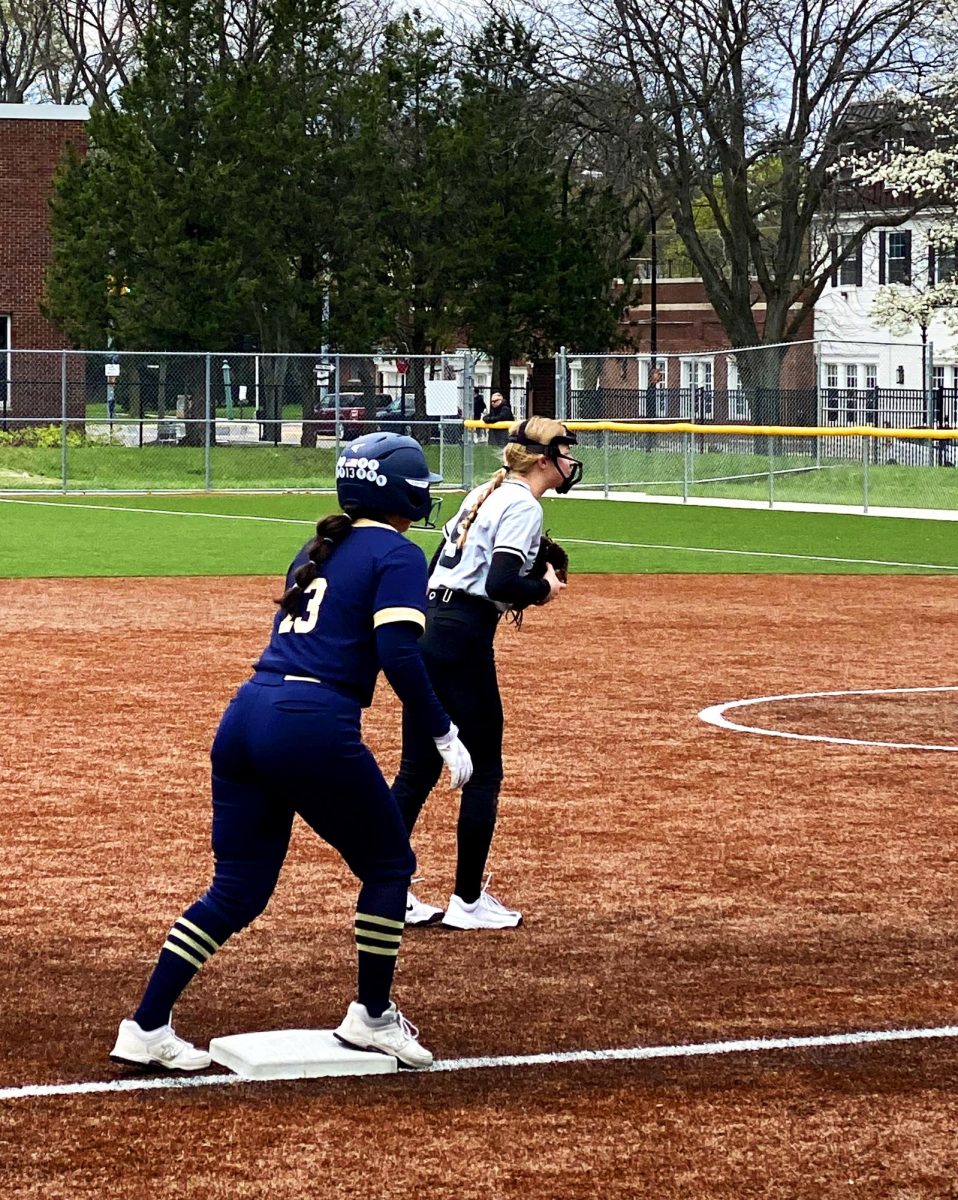
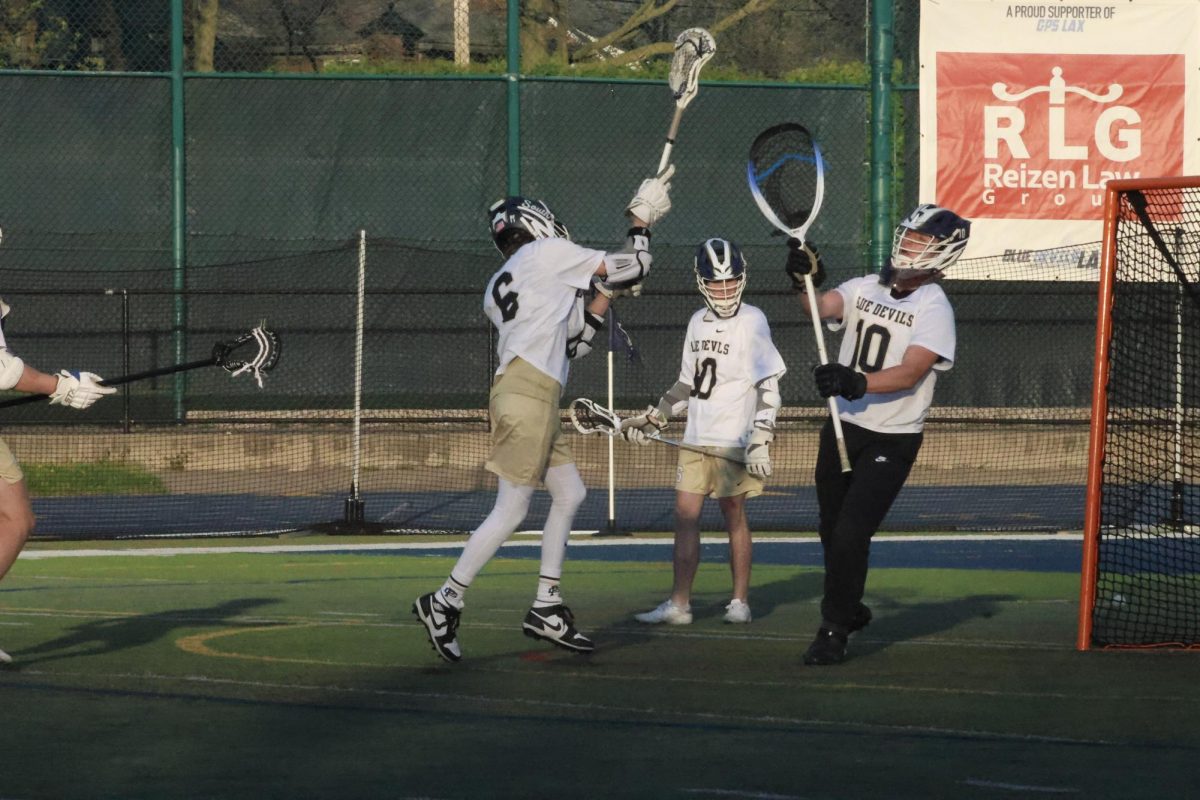
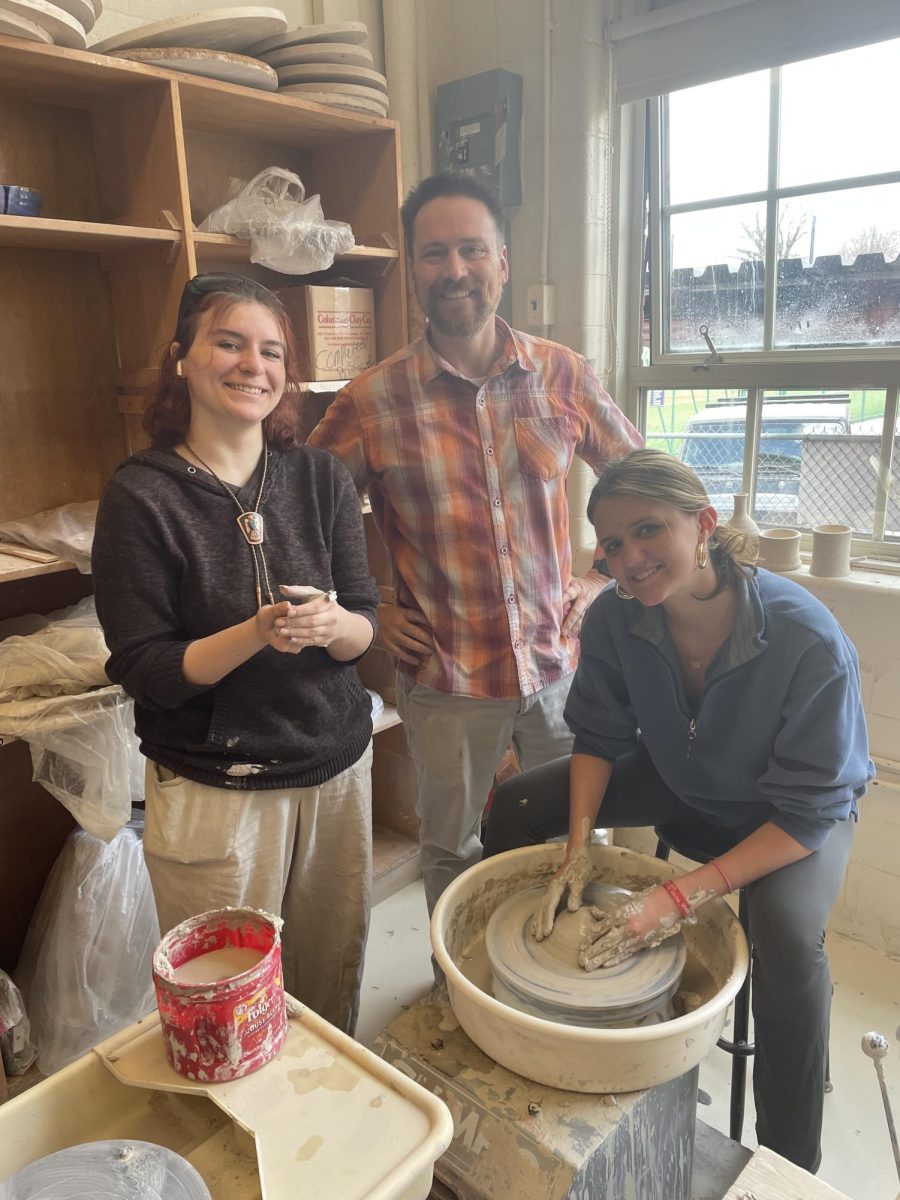
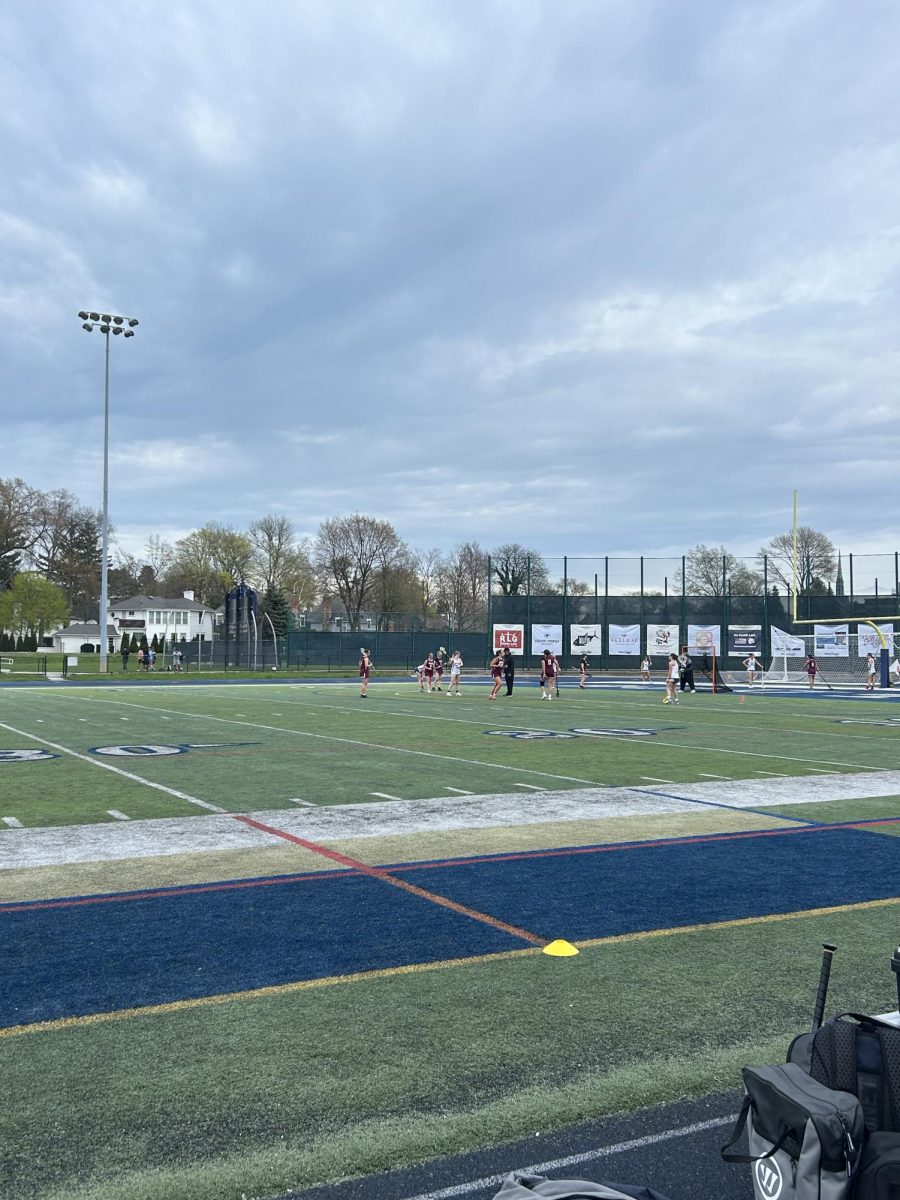








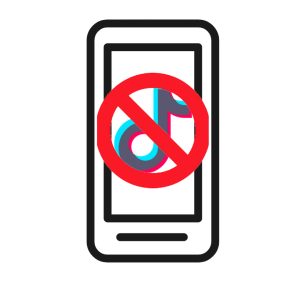


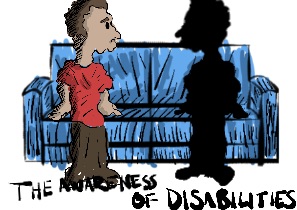

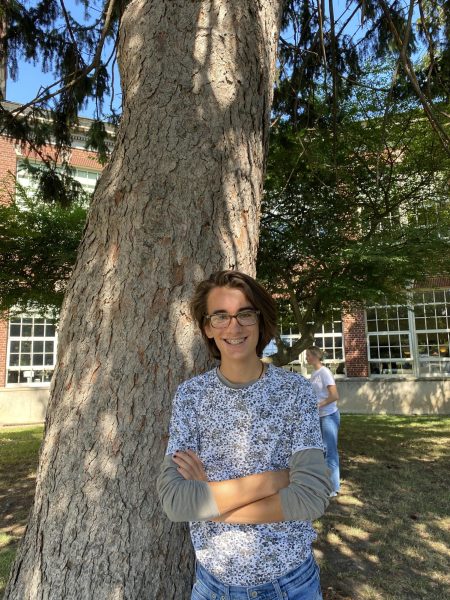
Ceci • Jun 5, 2023 at 10:31 am
Wow! This is a powerful article. It brought tears to my eyes. But it also made me extra proud of the GPS students. Having the empathy and insight to write this shows the depth and strength of your character. Need more people like you!